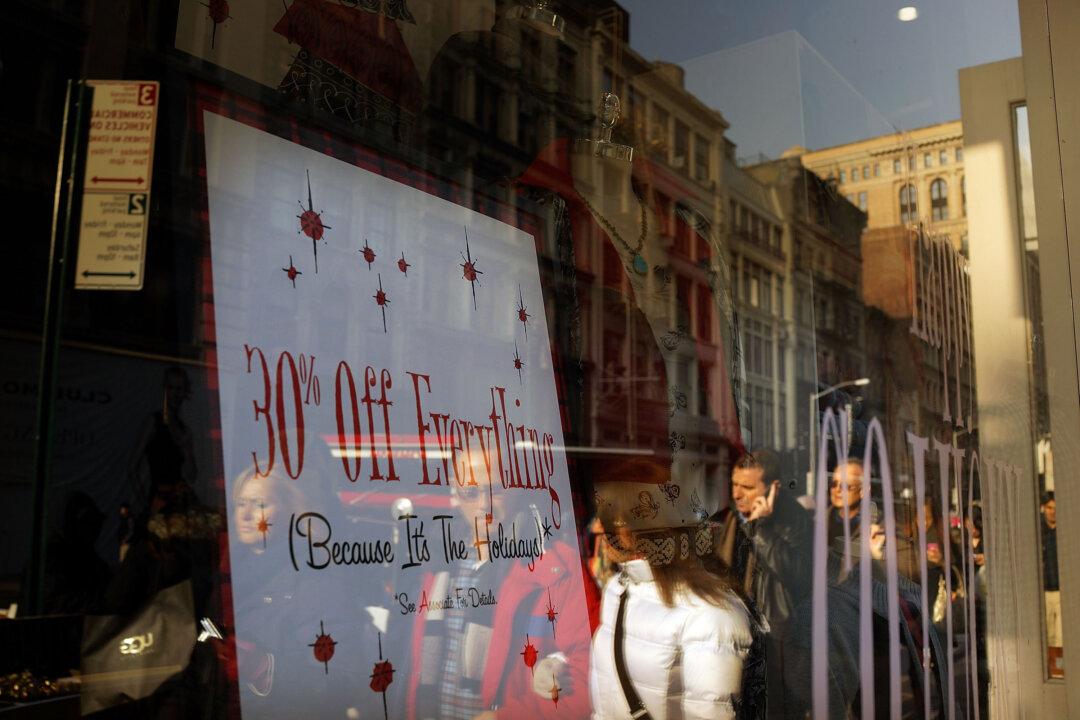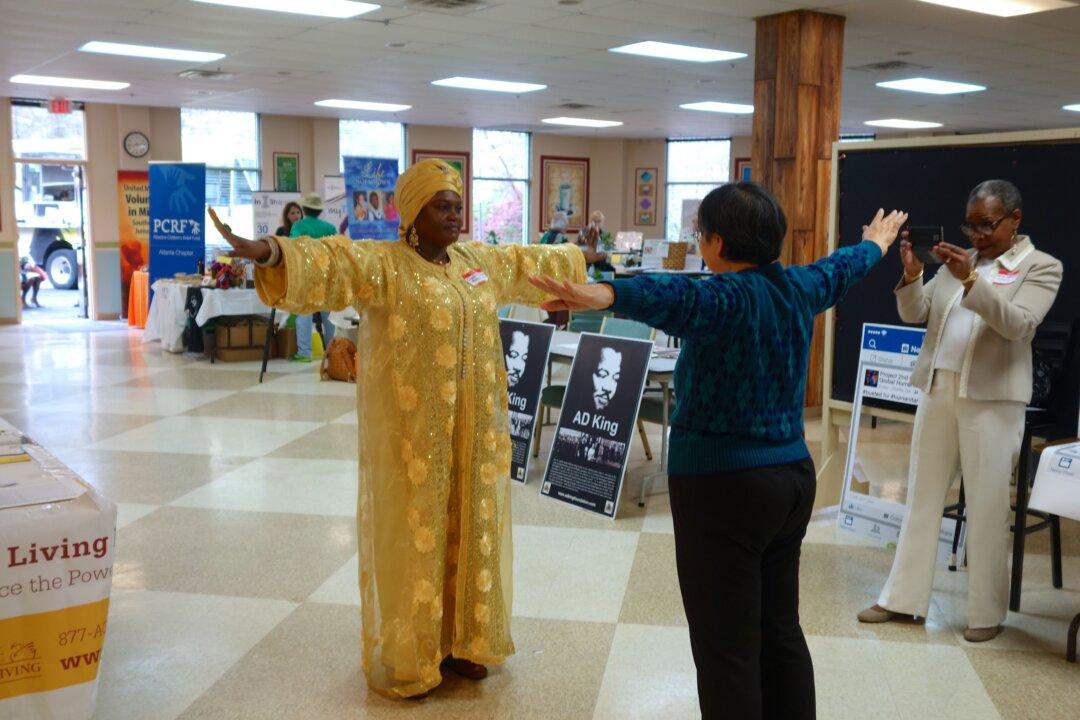Use Less Stuff Day is celebrated in America on the Thursday before Thanksgiving. As the holidays can mark a peak of consumerism and waste, ULS offers a way to enjoy the period in a more sustainable way.
Environmentalist, author, commentator, and photographer Bob Lilienfeld started the observance. Here is an interview with him.
Epoch Times: Why did you start Use Less Stuff Day?
Bob Lilienfeld: Americans throw away 25 percent more stuff per week between Thanksgiving and New Year’s Day. Use Less Stuff Day was created to alert people to this incremental 5 million tons of waste, and help them learn how to reduce it.
Epoch Times: Tell us more about the Sustainable Products Certification Program.
Mr. Lilienfeld: We want to help businesses and other organizations promote products that have undergone significant decreases in material usage or energy consumption. If at least a 10 percent reduction versus similar or previous products can be proven, we allow the products to feature the ULS logo for a two-year period. The cost to do so is minimal. We charge only our time to certify and announce the claim. There is no ongoing royalty fee.






